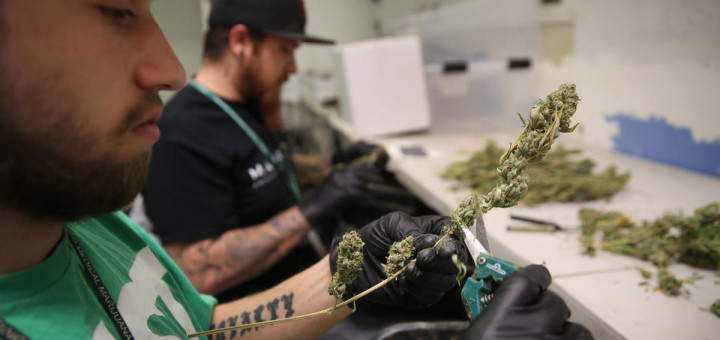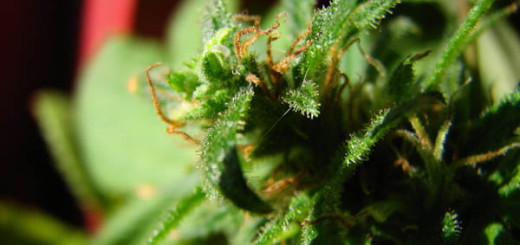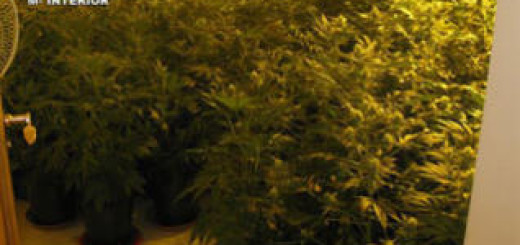Eyeing the millions of dollars the medical pot shops will start raking in this fall, a top Democratic lawmaker is pushing a measure to tax the weed — and quick, before industry lobbyists can block the bill.
State Sen. Brian A. Joyce — who wants all pot sales to be subject to the 6.25 percent sales tax — said he’s adding his amendment to the Senate budget that was released yesterday.
“The reality is it’s better to clarify this ahead of time than try to remedy it later,” the Milton lawmaker told the Herald yesterday. “I don’t know if there’s any organized opposition to this interpretation that other states have followed, but I expect there will be once these entities are up and running. They’ll have paid lobbyists and folks fighting and resisting the change.”
Joyce, who chairs the Senate committee on bonding, said the proposal falls in line with 10 other states, including New England neighbors Connecticut, Rhode Island and Maine, which do not exempt medical marijuana sales from taxes.
In all, 22 states have legalized pot for medical purposes, and of those with a sales tax, only Illinois exempts it, according to Joyce’s staff.
Joyce said the move could generate nearly $6.5 million in tax revenue in its first year and $15.8 million by year three — estimates he called “low” given the law allows for up to 15 more dispensaries. He based his figures on the state’s 20 provisional license applications that have been approved.
He is calling for the money to be funneled into a trust fund to go toward drug treatment and addiction services, not “for any nefarious purpose of fattening state government.”
But the proposal is already drawing fire from advocates who helped push the 2012 ballot initiative legalizing medical marijuana. They argue the state is already raking in $50,000 in annual fees from each of the 20 dispensaries, and earning more shouldn’t come on the backs of consumers.
“Suffice to say some patients are looking at costs upwards of thousands of dollars a month,” said Matthew J. Allen, executive director of Massachusetts Patient Advocacy Alliance. “To put a tax on medicine that could disproportionately harm a population that is already struggling financially, it’s just wrong.”
Michael Cutler, a Northampton attorney with the National Organization for the Reform of Marijuana Laws, said too high a tax could also push buyers into the black market — the exact thing legalization is intended to stop.
The Senate is slated to begin debate Wednesday on the $36.25 billion spending proposal released yesterday. Senators have until tomorrow afternoon to file amendments.













Comentarios recientes